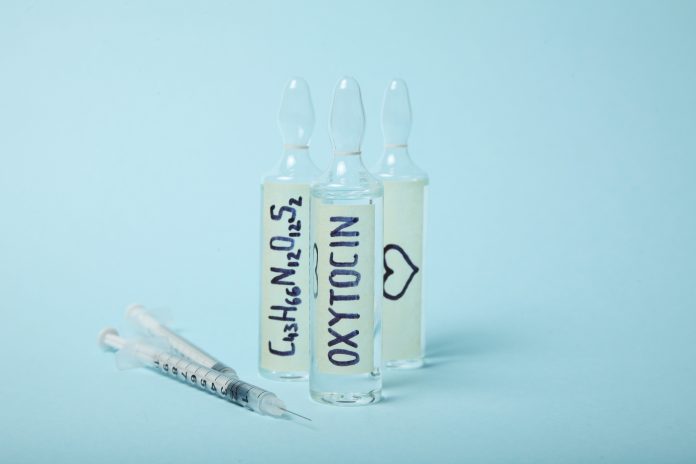“The study team were hugely disappointed,” said Dr Linmarie Sikich, whose team found that oxytocin is actually an ineffective treatment for children with autism
In March, 2021, the Autism Research Centre (ARC) at Cambridge University focused on analysing the existence of autism across over seven million pupils in England. They found that one in 57 children are on the autistic spectrum, which is 1.76% of the country.
While diagnosis in the West appears to be increasing, what about treatments for children with autism?
What exactly is oxytocin?
Oxytocin is a hormone that acts on organs in the body (including the breast and uterus) and as a chemical messenger in the brain, controlling key aspects of the reproductive system, including childbirth and lactation, and aspects of human behaviour.
In general, people focus on examining the role of oxytocin in various disorders including addiction, depression, post-traumatic stress, anxiety and anorexia. Because the hormone is linked to a lot of human behaviour that requires intuitive social skills, there was a hope that it could help children with autism who are looking to develop their social skills further.
Before this study, it was believed to be a potential treatment for children with autism. Now, the science suggests that oxytocin actually “showed no evidence” of helping children gain social skills, according to a study published in the New England Journal of Medicine.
“There was a great deal of hope this drug would be effective,” said the study’s principal investigator and lead author, Dr Linmarie Sikich, associate consulting professor in the Department of Psychiatry & Behavioral Sciences at Duke University School of Medicine.
“All of us on the study team were hugely disappointed, but oxytocin does not appear to change social function of people with autism.”
So, why doesn’t oxytocin work?
It’s not clear – but here is what the scientists do know.
The research team enrolled 290 children ages 3-17, stratified by age and the severity of their autism symptoms. The children were randomized in similar, equal-sized groups to receive oxytocin or a placebo via a daily nasal spray over 24 weeks.
The study aimed to see if the regimen of oxytocin would have a measurable impact on the children’s social abilities based on screenings and assessments at the start of the trial, midway through and at the end. Both researchers and the children’s parents provided assessments using standard analytic tools for autism.
While all the children who took oxytocin tolerated it, they showed no significant difference from the kids who took the placebo.
“Thousands of children with autism spectrum disorder were prescribed intranasal oxytocin before it was adequately tested,” Veenstra-VanderWeele said.
it is no better than placebo when used daily for months.
“Thankfully, our data show that it is safe. Unfortunately, it is no better than placebo when used daily for months. These results indicate that clinicians and families should insist that there is strong evidence for the safety and benefit of new treatments before they are provided to patients in the clinic.”











